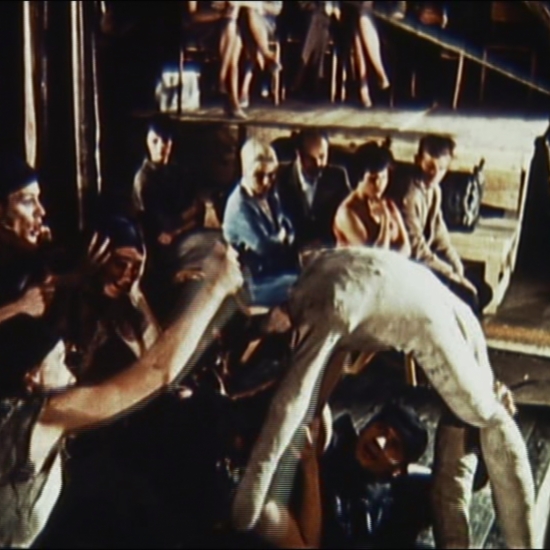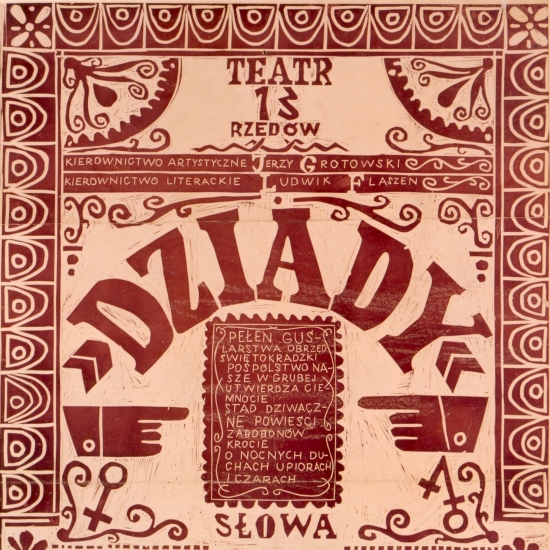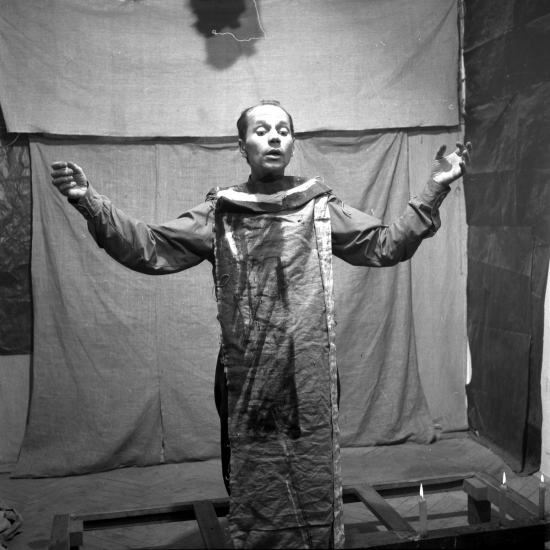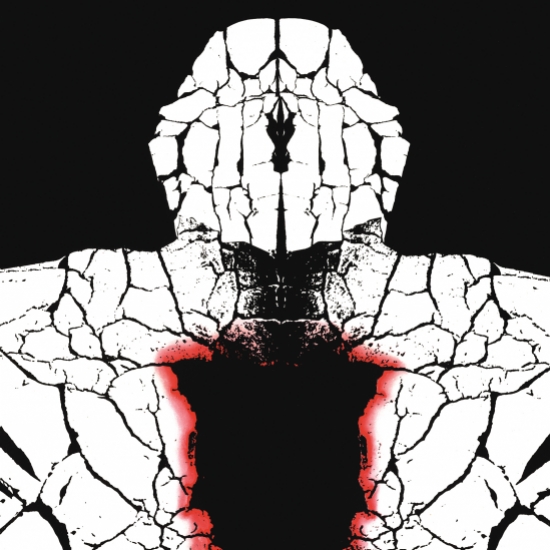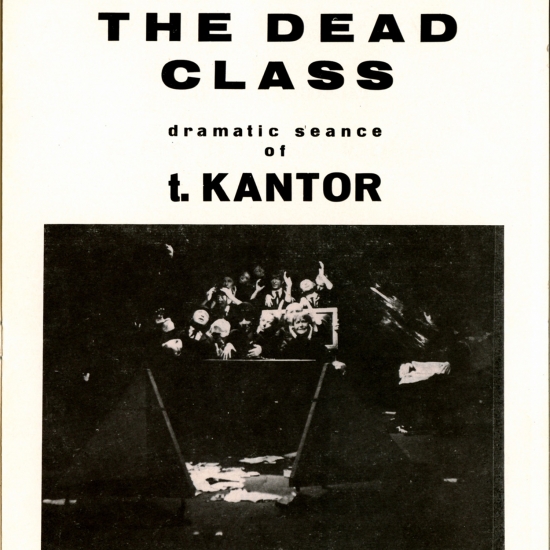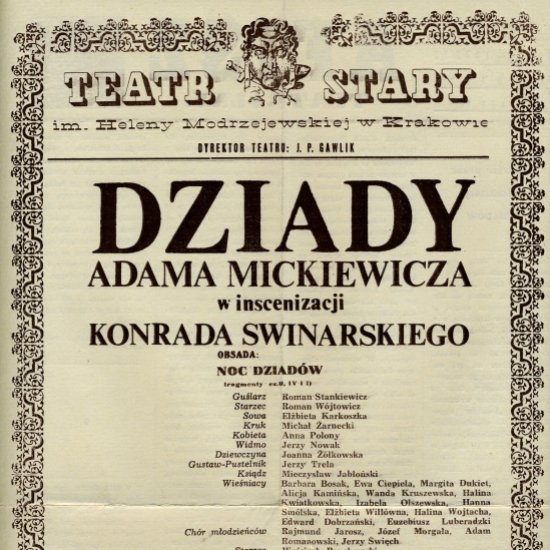A programme of remixes
A remix is a piece created by modifying an original work, by quoting some of its parts, removing others, adding other content (whether original or taken from yet another work), or by a total transformation of the original work’s style and its transposition to another genre, or even to a totally different artistic category. Examples of a remix in theatre include the piece Poor Theatre: A Series of Simulacra by the Wooster Group (2004) and, above all, the RE//MIX project, produced at Komuna//Warszawa (2010–2014). However, the technique was already used in the past by the Modernists, referred to in Poland as Neo-Romantic authors, for instance by Stanisław Wyspiański in his take on Shakespeare’s classic play, The Tragicall Historie of Hamlet… świeżo przeczytana i przemyślana przez St. Wyspiańskiego (The Tragicall Historie of Hamlet... Freshly Re-read and Re-thought by S. Wyspiański).
Remixes are inextricably linked with the archives of culture, but they are simultaneously fickle and unsystematic, disregarding hierarchy with their trickster-like nature. On the other hand, it is precisely the remix technique that puts back some élan vital in heritage, restoring the strength it used to have and proving that it is still alive. At the same time, remixes are new pieces, even if they eventually become part of the history of a work’s reception. However, although they may belong to the domain of art history, they certainly constitute a creative and self-reflective version of the latter. This programme of remixes will be dedicated to selected renditions of Adam Mickiewicz’s Forefathers’ Eve (Dziady) made in the last fifty years or so by Grotowski (1961), Białoszewski (1965), Dejmek (1967), Swinarski (1973) and Grzegorzewski (1995), as well as to theatrical performances infused by the same spirit as Forefathers’ Eve, such as Acropolis by Grotowski and Szajna (1962) and Kantor’s The Dead Class (1975). This act of conjuring up the spirits of past performances in a way repeats the ritual of summoning ancestral spirits in the original Forefathers’ Eve, as well as represents a contribution of contemporary artists to the discourse of theatrical and cultural history.
Leszek Kolankiewicz
